ABOUT THE PRODUCTION
It is the age of humanity and of the birth of tragedy in its most fundamental form: mutilation, obscenity, purification. We recognize the outlines of stories and characters from Greek tragedy, close by yet far away. Fabre wrenches open the flaws in these characters until they are left in tatters, smashed by violence, Homeric laughter and ecstasy. Mount Olympus is not a modernization of Greek tragedy. It is an investigation of the impossibility of representing that which mutilates us and makes us pure again. Alongside tragedy, time also plays a leading role. What is time in the theatre? What happens when time is stretched? Fabre intensifies the present moment, the eternal here and now of theatre, in a maelstrom of images that pull the audience into a different mode of temporal experience, a labyrinth of time. Fabre uses the four generations and 27 performers on stage to exhibit every dimension of his theatre work. The performers speak a language punctuated by hesitations, silences and death rattles, a language that is sometimes just a scream. They dance and move at the urging of a wordless inner force. They wake and sleep on stage. Fabre constructs his images out of their stolen dreams, 24 hours long, and the result is a tribute to the profound beauty of his performers.
THE AUTHORS:
JAN FABRE (b. 1958) is considered one of today’s most innovative and versatileartists. Over the past thirty years, he has worked as a visual artist, theatremaker and author. In the late 1970s, the young Jan Fabre caused a sensation as a performance artist. Chaos and discipline, repetition and madness, metamorphosis and the anonymous are the main ingredients of Fabre’s theatre. In 2005, Jan Fabre was the curator of the Festival d’Avignon. Jan Fabre is also a prolific author on the subject of the theatre, whose writings have been published in translation worldwide. Over the years, Jan Fabre has built up an exceptional body of work in the visual arts. He has won wide public attention with creations such as Tivoli Castle (1990); Heaven of Delight (2002), a fresco on the ceiling of the Mirror Room atthe Royal Palace in Brussels made up of jewel-beetle wing cases; and his open-air sculptures. He has created many high-profile exhibitions, and was the first living artist to present his work at the Louvre, Paris (L’ange dela metamorphose, 2008), as well as at the State Hermitage Museum in St. Petersburg (2016).
DAG TAELDMAN (b. 1968) is a Belgian composer and musician. He studied composition and guitar at the Jazz Studio in Antwerp, where his teachers included musicians such as Pierre van Dormael, Philip Catherine and David Crane. In 2002, he founded the band A Brand, which recorded five studio albums and toured Europe, the United States and Canada. He played at many festivals, such as Rock Werchter, Eurosonic, Lowlands and South By Southwest. He also worksas a producer, handling engineering and recording for a variety of bands. Over the past twenty-five years, he has composed music for several theatrical productions and films. This is his fifth collaboration with Jan Fabre; he also composed and performed music for As Long as the World Needs a Warrior’s Soul (2001), Je suis Sang (2001), Orgy of Tolerance (2008) and Prometheus Landscape II (2010).
JEROEN OLYSLAEGERS (b. 1967) is a Belgian writer, living and working in Antwerp. His writing career goes back twenty years and encompasses many genres: theatre, prose, columns and film scripts. Several of his plays have been translated into German and published by Verlag der Autoren, such as Tief im Loch und das Schwein sucht mit (2002) and Das blutende Hertz des Fleishermeisters (2004). Olyslaegers enjoys performing his prose texts on stage and has toured several times. He is also socially engaged and has organized several direct actions inspired by the Occupy and Indignado movements. Last year he was awarded the Arkprijs voor het Vrije Woord (a prize for those who champion freedom ofexpression) and the Flemish/Dutch Edmond Hustinckx Prize for his theatre career. This is his second artistic collaboration with Jan Fabre; he previously wrote the script for Fabre’s Prometheus Landscape II (2010).
FROM THE REVIEWS
Ulrich Seidler, Berliner Zeitung
Tina Perić, Politika, Cultural Supplement
Anna Bandettini, Repubblica
Simon Strauss, Frankfurter Allgemeine Zeitung
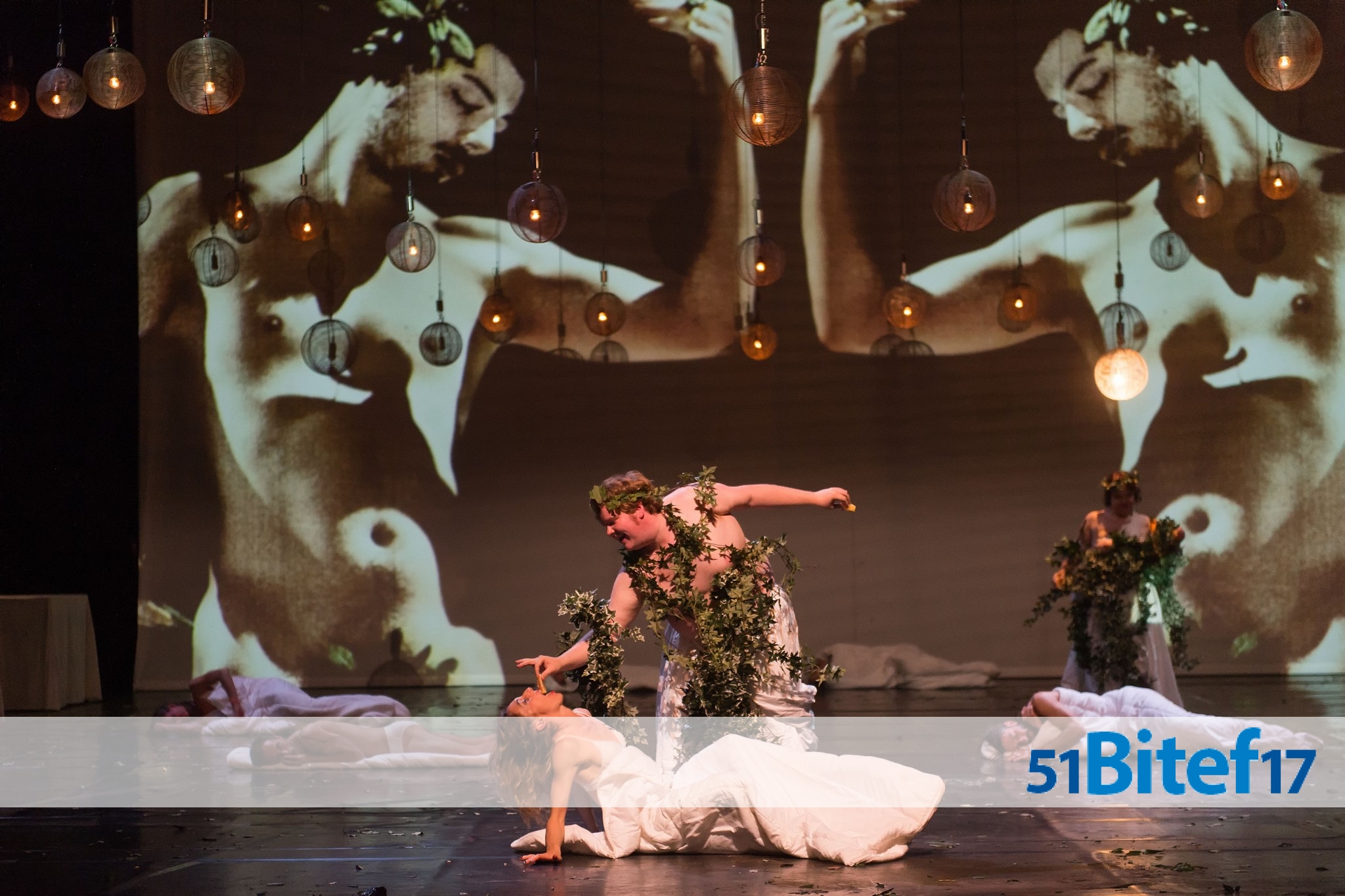

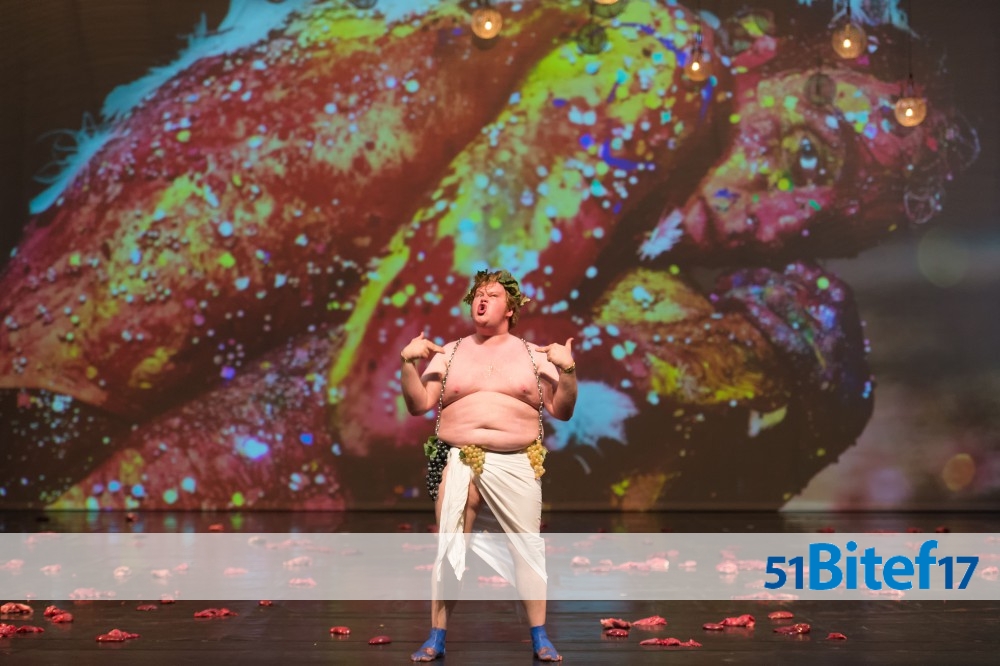
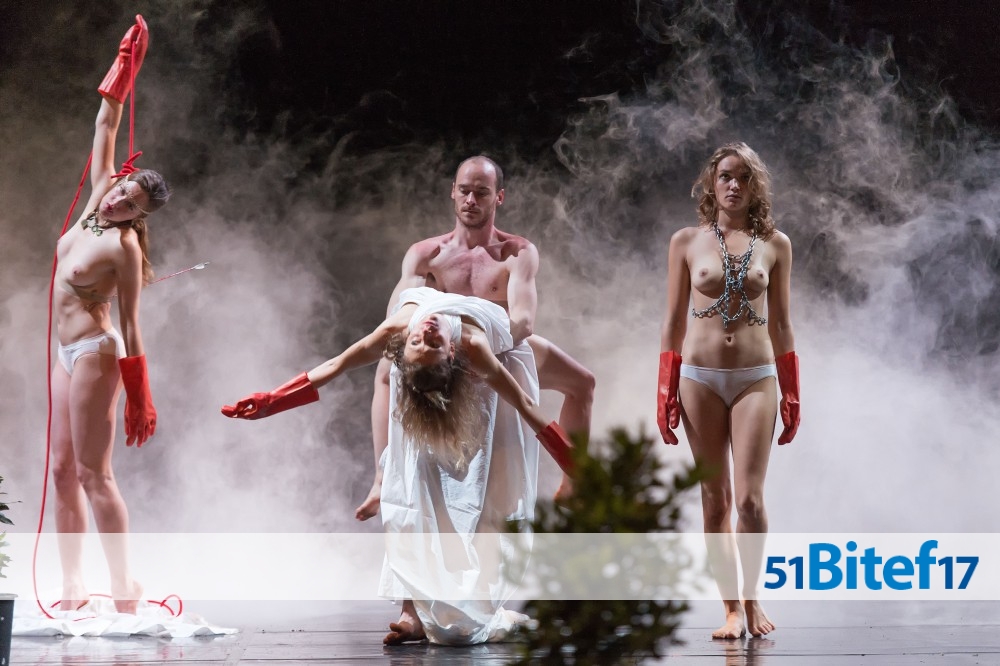
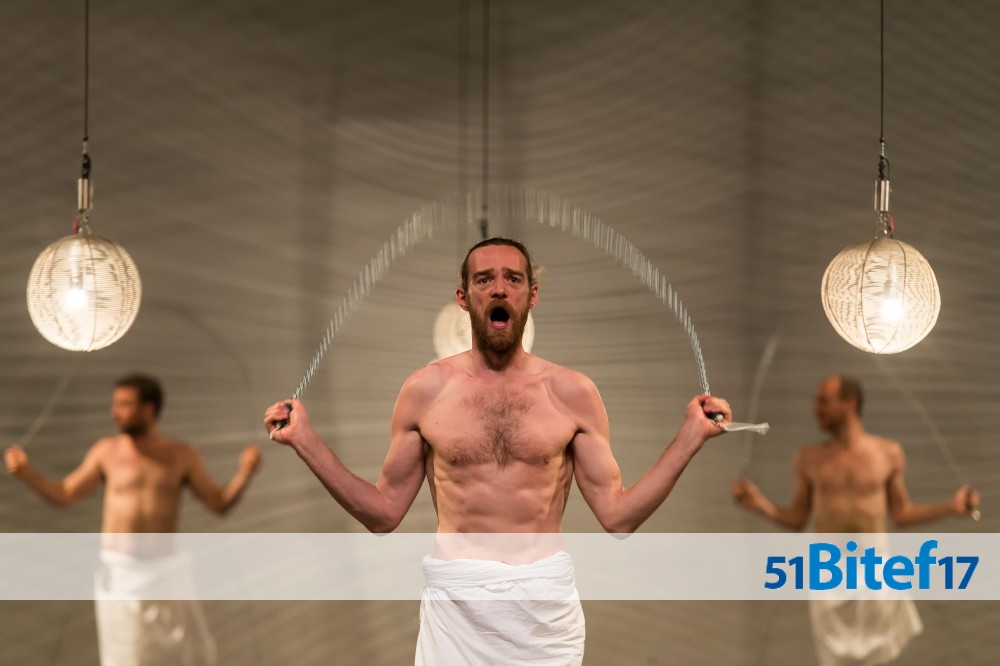

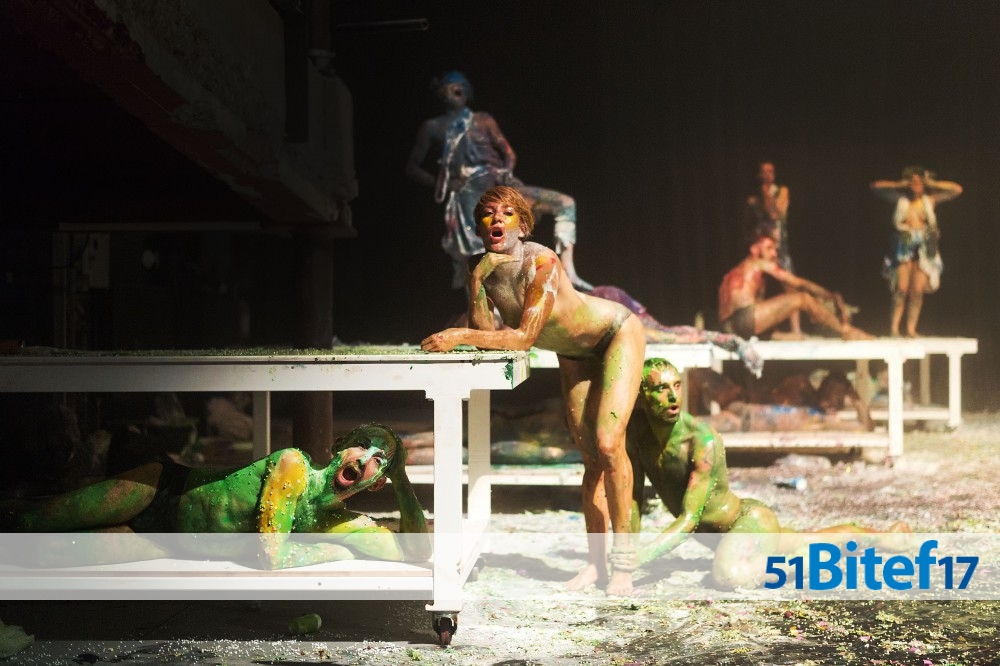
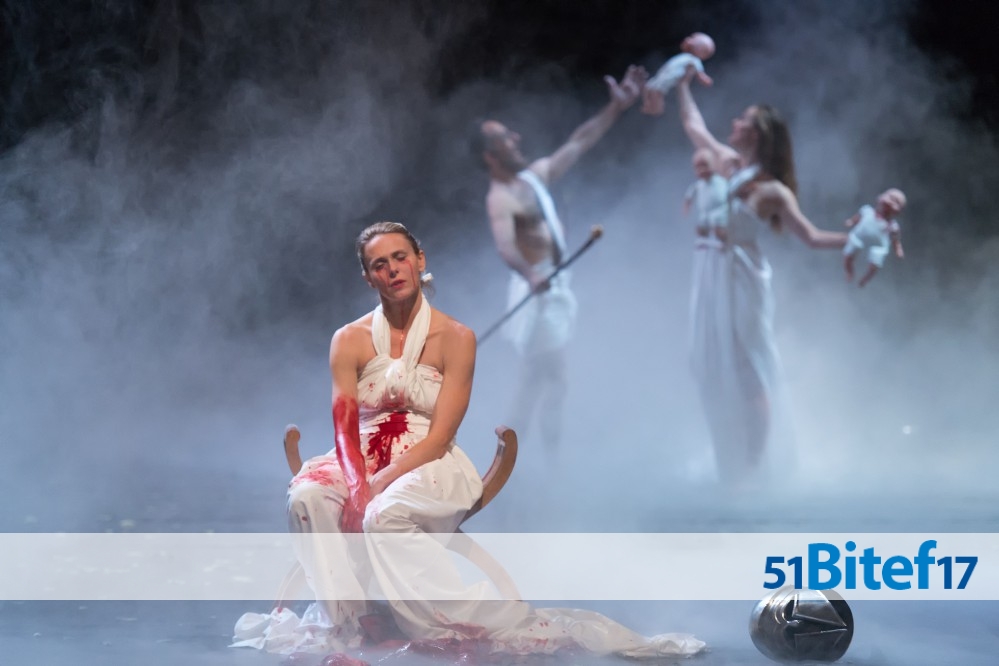
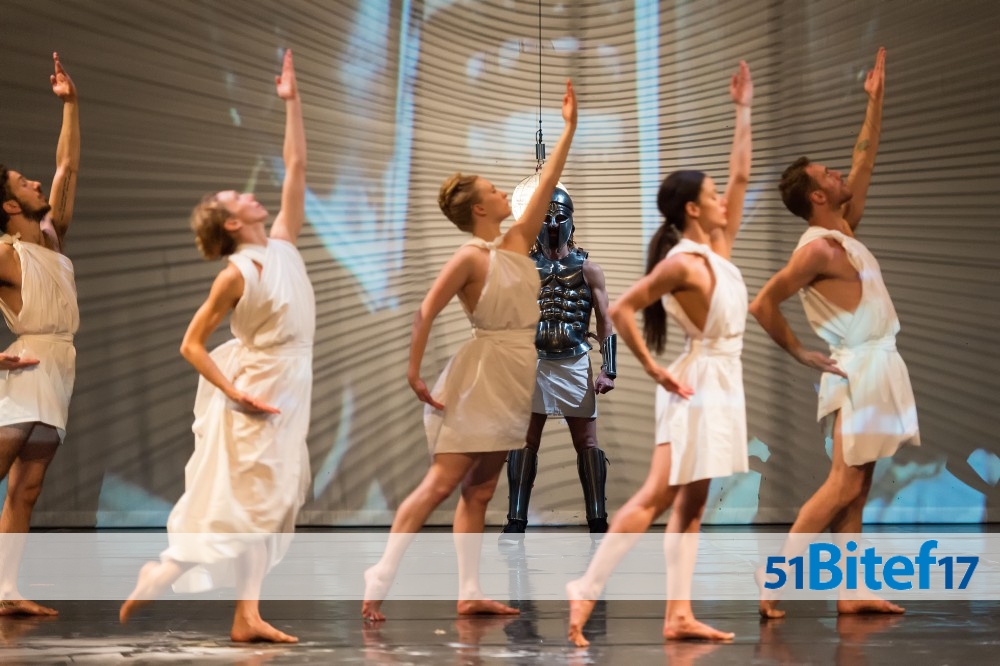
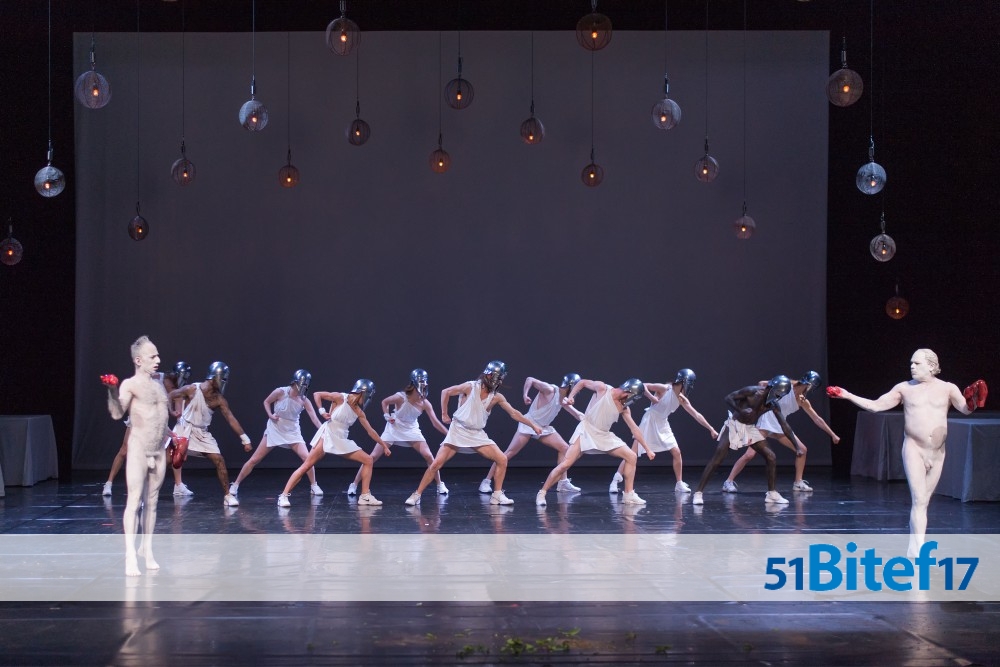
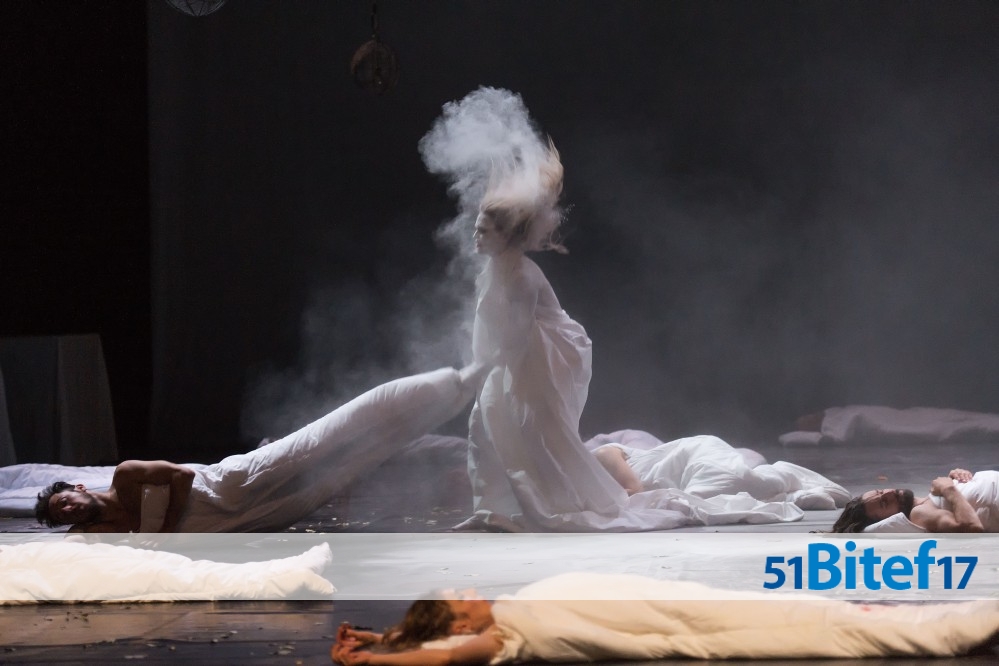
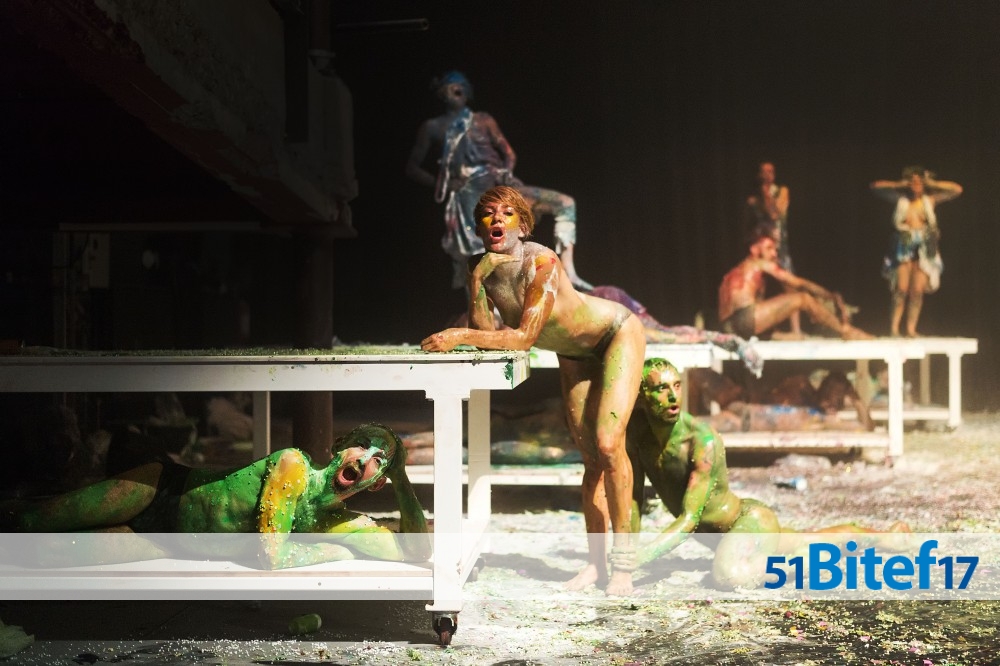
Оцените - total votes 0